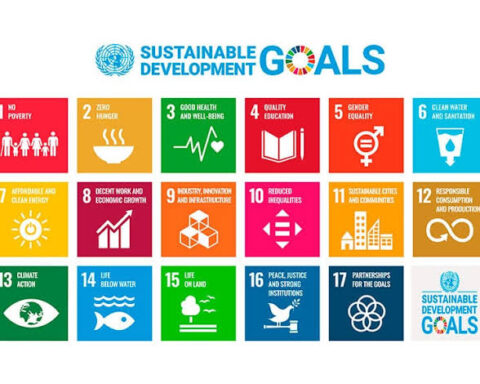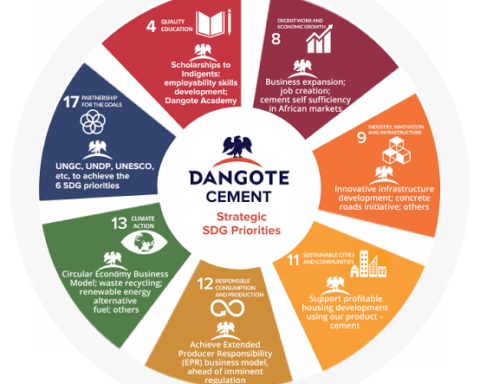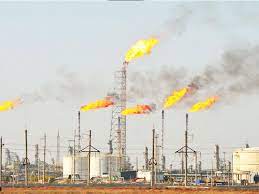The United Nations has said the world risks big misses across Sustainable Development Goals, SDGs unless measures to accelerate implementation are taken.
According to the “The Sustainable Development Goals Report 2023: Special Edition“, failure to redouble global efforts to achieve the Sustainable Development Goals (SDGs) – the promise of a better world for all – may fuel greater political instability, upend economies and lead to irreversible damage to the natural environment.
SDGs Promise
World leaders made a historic promise to secure the rights and well-being of everyone on a healthy, thriving planet when they agreed to the 2030 Agenda for Sustainable Development and its 17 SDGs in 2015. However, the combined impacts of the climate crisis, the war in Ukraine, a gloomy global economic outlook, and the lingering effects of the COVID-19 pandemic have revealed systemic weaknesses and significantly hampered progress toward the Goals.
With only seven years remaining for implementation of the Goals, the stakes are huge. Using the latest available data and estimates, the report presents a sobering picture of the SDGs as the High-Level Political Forum on Sustainable Development (holding from July 10 to 19, 2023), where countries will showcase concrete actions they are taking to achieve the SDGs, kicked off on Monday, July 10.
The Forum comes ahead of the SDG Summit (September 18 to 19, 2023) a defining moment for world leaders to urgently reverse course and turbo-charge the SDGs.
The SDGs are in peril
Of the approximately 140 targets that can be evaluated, half of them show moderate or severe deviations from the desired trajectory. Furthermore, more than 30 percent of these targets have experienced no progress or, even worse, regression below the 2015 baseline.
According to the report, the impacts of the COVID-19 pandemic stalled three decades of steady progress in reducing extreme poverty, with the number of people living in extreme poverty increasing for the first time in a generation.
If present trends persist, by 2030, a staggering 575 million people will remain trapped in extreme poverty and an estimated 84 million children and young people will still be out of school. Based on data collected in 2022 in 119 countries, 56 percent of the countries lacked laws that prohibit direct and indirect discrimination against women. Global temperature rise has already hit 1.1 °C above pre-industrial levels and is likely to reach or surpass the critical 1.5 °C tipping point by 2035.
The report also warns that while lack of progress is universal, it is the world’s poorest and most vulnerable who are experiencing the worst effects of these unprecedented global challenges.
Potential for breakthrough
But progress in some areas since 2015 illustrates the potential for further advances. The share of the global population with access to electricity has increased from 87 percent in 2015 to 91 percent in 2021, with close to 800 million additional people being connected.
The report also illustrates that by 2021, 133 countries had already met the SDG target on under-5 mortality, and an additional 13 are expected to do so by 2030. Despite the global manufacturing growth slowdown, medium-high- and high-technology industries demonstrated robust growth rates. Developing countries installed a record-breaking 268 watts per capita of renewable energy-generating capacity in 2021. Additionally, the number of people using the Internet has grown by 65 percent since 2015, reaching 5.3 billion people of the world’s population in 2022.
These important development gains demonstrate that a breakthrough to a better future for all is possible through the combination of collective action and strong political will, and the effective use of available technologies, resources, and knowledge. This advance can lift hundreds of millions out of poverty, improve gender equality and put the world on a low-emissions pathway by 2030. Strengthening data ecosystems will also be key to understanding where the world stands and what needs to be done to achieve the SDGs.
Additional key facts and figures
Given historical trends, only one-third of countries will have halved their national poverty rates by 2030 from 2015.
Nearly 1 in 3 (2.3 billion people) were moderately or severely food insecure in 2021.
Between 2015 and 2022, rising access to safely managed drinking water safely managed sanitation, and basic hygiene resulted in an additional 687 million, 911 million, and 637 million people gaining access to these essential services, respectively.
Effective HIV treatment has significantly reduced global AIDS-related deaths by 52 percent since 2010, and at least one neglected tropical disease has been eliminated in 47 countries.
As of 2020, nearly 1.1 billion people lived in slums or slum-like conditions in urban areas.
The number of countries with national and local disaster risk reduction strategies has doubled since 2015, indicating increased awareness and preparedness for managing and reducing the impact of disasters.








